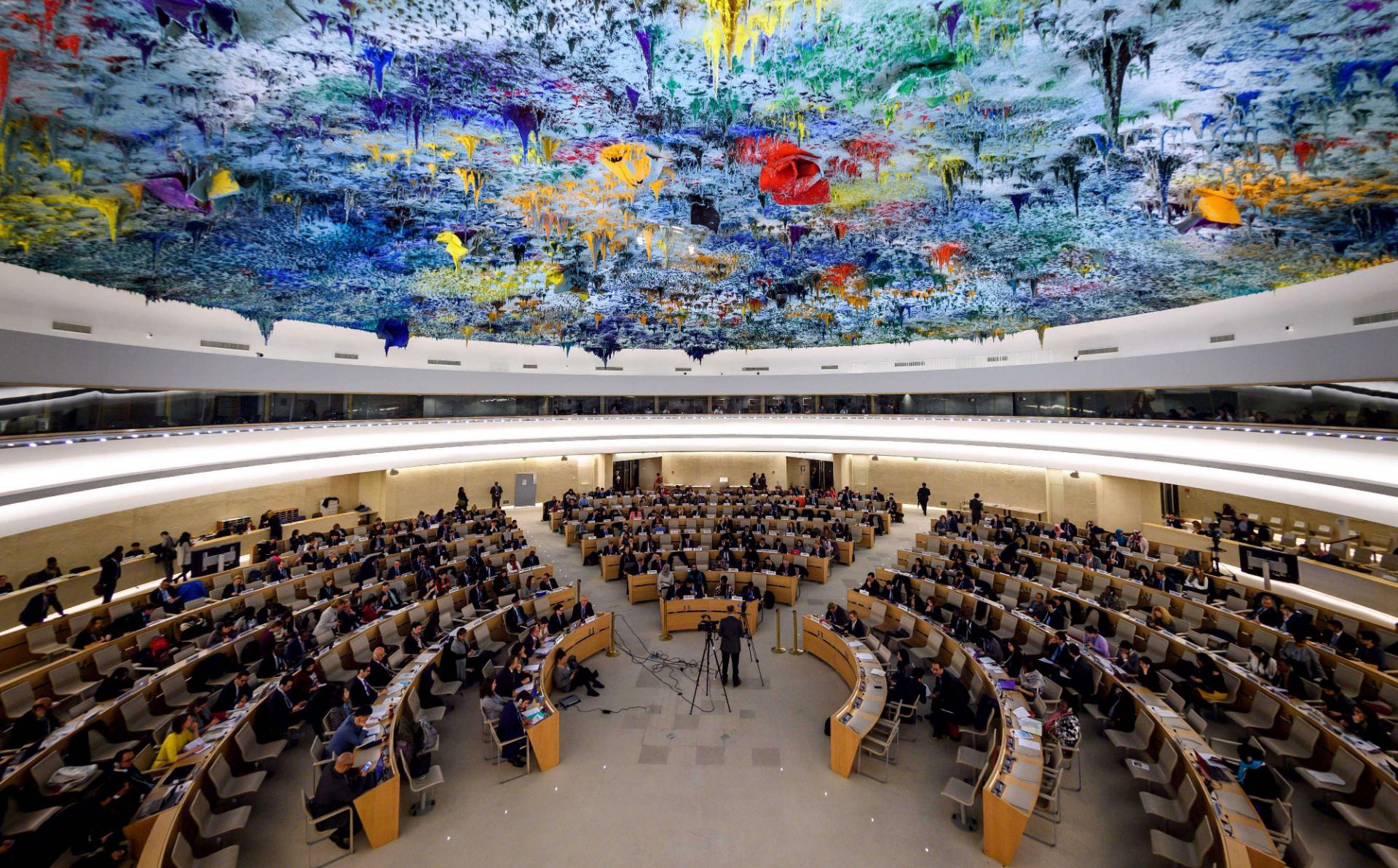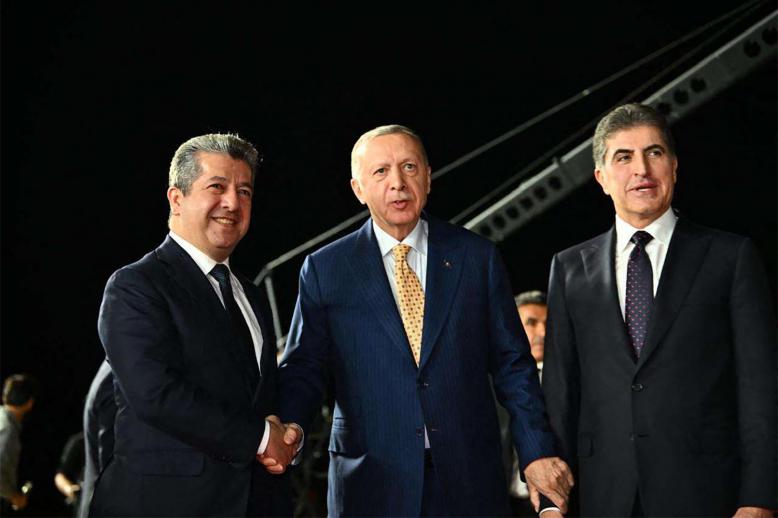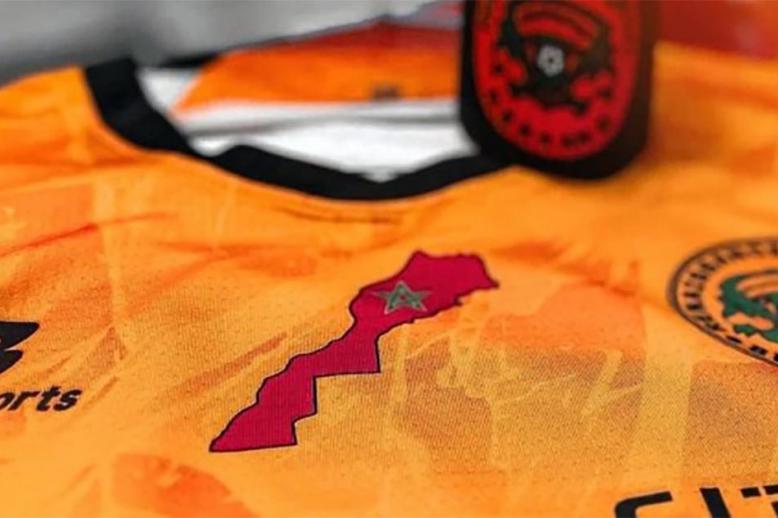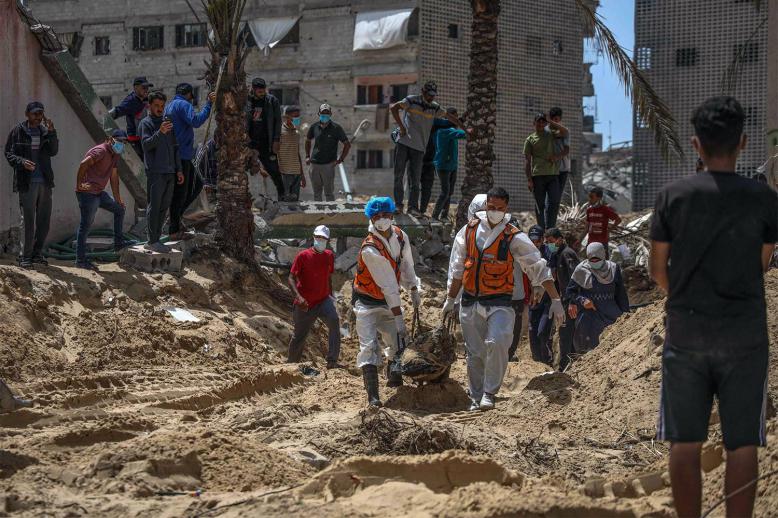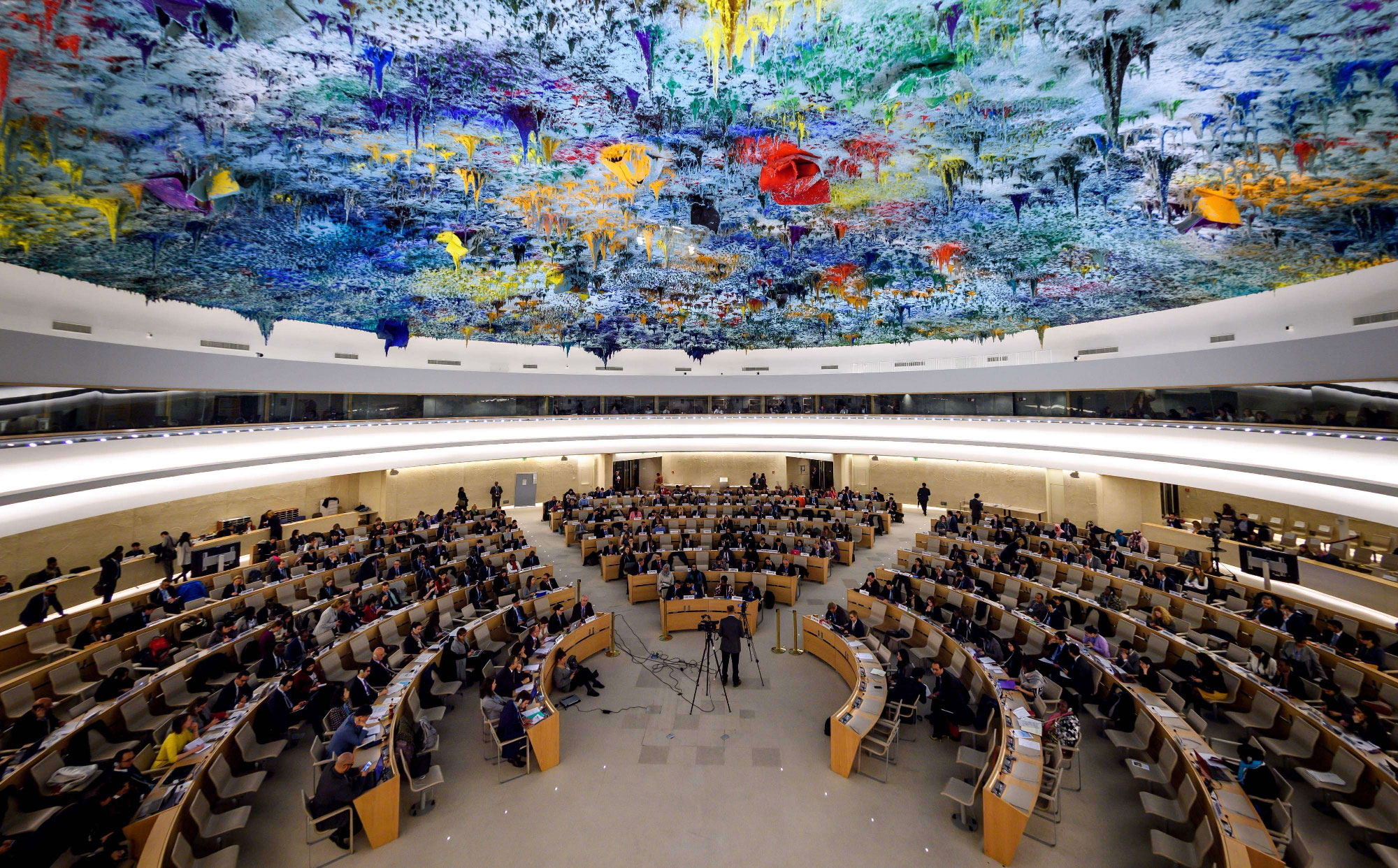UN votes for probe into Israeli violence in Gaza
GENEVA - The UN Human Rights Council voted Friday to send a team of international war crimes investigators to probe the deadly shootings of Gaza protesters by Israeli forces.
The UN's top human rights body voted through a resolution calling on the council to "urgently dispatch an independent, international commission of inquiry" -- the UN rights council's highest-level of investigation.
Only two of the council's 47 members, the United States and Australia, voted against the resolution, while 29 voted in favour and 14 abstained, including Britain, Switzerland and Germany.
The text said the team should investigate "all violations of international humanitarian law and international human rights law ... in the context of the military assaults on large scale civilian protests that began on 30 March 2018".
It said the aim should be to "establish the facts and circumstances" around "alleged violations and abuses including those that may amount to war crimes and to identify those responsible".
The special UN session comes after six weeks of mass protests and clashes along the Gaza border with Palestinian refugees demanding the right to return to their former homes inside what is now Israel.
The violence has claimed more than 100 Gazan lives, with 60 Palestinians killed and thousands injured in a single day of protests that coincided with Monday's move of the US embassy from Tel Aviv to Jerusalem.
- 'Horrific events' -
Opening the special session earlier Friday, UN rights chief Zeid Ra'ad Al Hussein slammed the "wholly disproportionate" use of force by Israeli troops and backed the call for an international probe.
Hussein warned that "killing resulting from the unlawful use of force by an occupying power may also constitute wilful killings, a grave breach of the Fourth Geneva Convention".
Violations of the Geneva Conventions adopted in 1949 following World War II are commonly called "war crimes", although Zeid did not explicitly use that word.
He pointed out though that while 60 Palestinians were killed and thousands injured in a single day of protests on Monday, "on the Israeli side, one soldier was reportedly wounded, slightly, by a stone."
"The stark contrast in casualties on both sides is ... suggestive of a wholly disproportionate response," he told the council.
Many of the Palestinians injured and killed "were completely unarmed, (and) were shot in the back, in the chest, in the head and limbs with live ammunition," he said, saying there was "little evidence of any (Israeli) attempt to minimise casualties."
"Although some of the demonstrators threw Molotov cocktails, used slingshots to throw stones, flew burning kites into Israel and attempted to use wire-cutters against the two fences between Gaza and Israel, these actions alone do not appear to constitute the imminent threat to life or deadly injury which could justify the use of lethal force."
Zeid said he supported the call for "an investigation that is international, independent and impartial, in the hope the truth regarding these matters will lead to justice."
The special session comes after a month and a half of mass protests and clashes along the Gaza border, calling for Palestinian refugees to be able to return to their homes now inside Israel.
The largest demonstrations coincided with the move of the US embassy in Israel from Tel Aviv to Jerusalem on Monday, which saw Israeli forces kill some 60 Palestinians, pushing the overall toll well over 100.
Israel has justified its actions, inisting it was necessary to stop mass "infiltrations" from the blockaded Palestinian enclave.
Israeli ambassador to the UN in Geneva, Aviva Raz Shechter, slammed what she called a "shameful" and "biased" resolution.
"Hamas is the aggressor. Hamas is the one committing war crimes," she said, insisting that with Friday's resolution, the Human Rights Council "has reached a new height of hypocrisy".
"This resolution is void of any sense, and deserves nothing less than being torn apart."
US representative Theodore Allegra also lamented the council's "biased focus on Israel", charging that the resolution had a "one-sided focus, without any call for investigation of Hamas".

